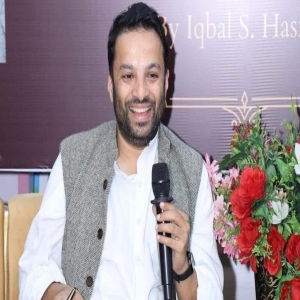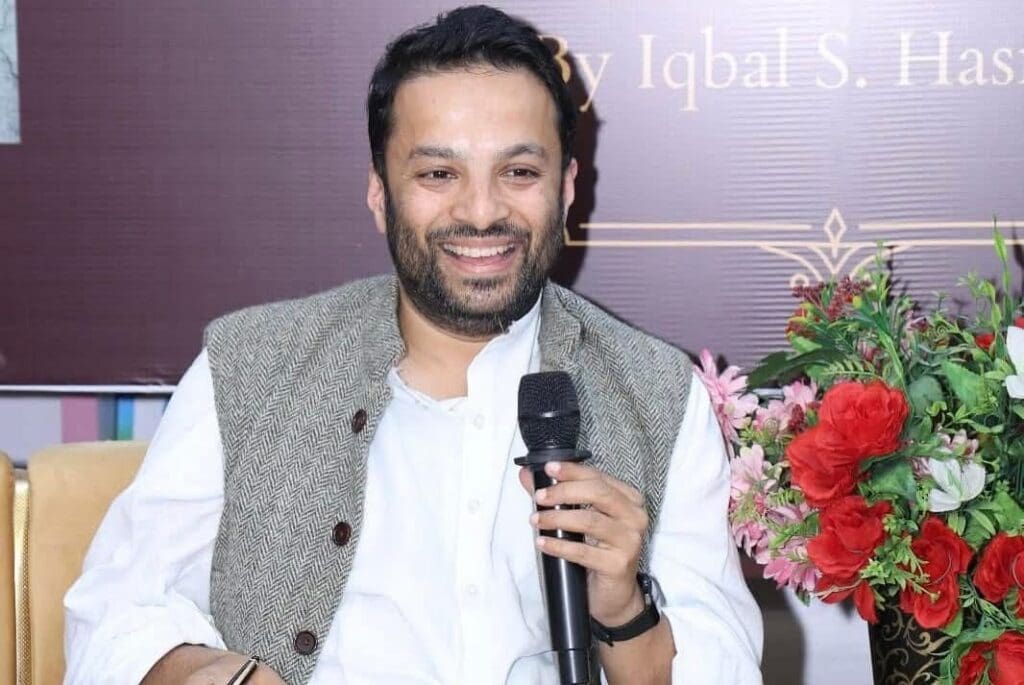
.png) Joseph Maliakan
Joseph Maliakan

Professor Ali Khan Mahmudabad of Ashoka University, arrested by the Haryana police on May 18 on blatantly trumped-up charges, was granted bail by the Supreme Court on May 21. While the bail order is welcome, the Supreme Court, instead of questioning the arrest and prosecution of the academic by the police not only issued a gag order against him and directed the Director General of Haryana police to institute a Special Investigation Team (SIT) comprising senior IPS officers, who do not belong to Haryana or Delhi, to investigate and understand the 'true' meaning of the post, to "holistically understand the complexity of the phraseology employed and for proper appreciation of of some of the ex
One fails to understand under what logic the 'learned judges' have concluded that Indian Police Service (IPS) officers, generally known for high-handed behaviour, are equipped to analyse the post of a professor of political science at an established University! Instead of judging the fairness of the FIR registered against the professor and the steps taken by the prosecution, the judges themselves have turned to prosecutors in the case.
In addition, the Supreme Court Bench comprising Justices Surya Kant and Kotiswar Singh also ordered Professor Ali Khan to surrender his passport and prohibited him from writing or talking about the present Indo-Pak conflict, Operation Sindoor, or the case against him.
Article 19(1)(a) secures every citizen the Freedom of speech and ex
Imposition of pre-censorship on publication is, therefore, unless justified under clause (2), violative of Freedom of speech and ex
There can be little doubt that the imposition of pre-censorship on a journalist restricts the liberty of the press, which is an essential part of Freedom of speech and ex
Professor Khan's post on May 8 said the optics of women officers, Colonel Sofiya Querreshi and Wing Commander Vyomika Singh, conducting the media briefing was important but would amount to hypocrisy if not backed by tangible change on the ground, referring to bulldozing of Muslim homes and mob lynching of Muslims. The Chairperson of the Haryana Women's Commission alleged that this statement "disparaged women officers in the armed forces and promoted communal disharmony."
The Haryana police invoked several sections of the Bharatiya Nyaya Sanhita, including section 152 (acts endangering the sovereignty, unity, and integrity of India), while arresting Professor Ali Khan.
In his post, Professor Khan praised the Army's restraint, warned against warmongering, analysed the strategic shifts in geopolitics between India and Pakistan, criticised dehumanisation, and called for moral introspection by invoking the teachings of the Gita, the Prophet, and Imam Ali.
Freedom of speech and ex
In Romesh Thapar v State of Madras (AIR 1950 SC124), Patanjali Sastri, ex-CJI, observed that "Freedom of speech and of the press lay at the foundation of all democratic organisations, for without the political discussion no public education, so essential for the proper functioning of the process of popular government is possible. A freedom of such amplitude might invoke risks of abuse. But the framers of the Constitution may well have reflected ... that it is better to leave a few of its noxious branches to their luxuriant growth than by pruning them away, to injure the vigour of those yeilding the proper fruits."
Unfortunately, the Supreme Court, it seems, has, even before the investigation and trial, come to the conclusion that Professor Ali Khan is guilty. The bench characterised the professor's post as "dog-whistling." The professor could have used "neutral language" that would not have "hurt sentiments," the bench observed. Is the Supreme Court more concerned about free speech or opinions of politically affiliated people opposing Freedom of speech and liberty?